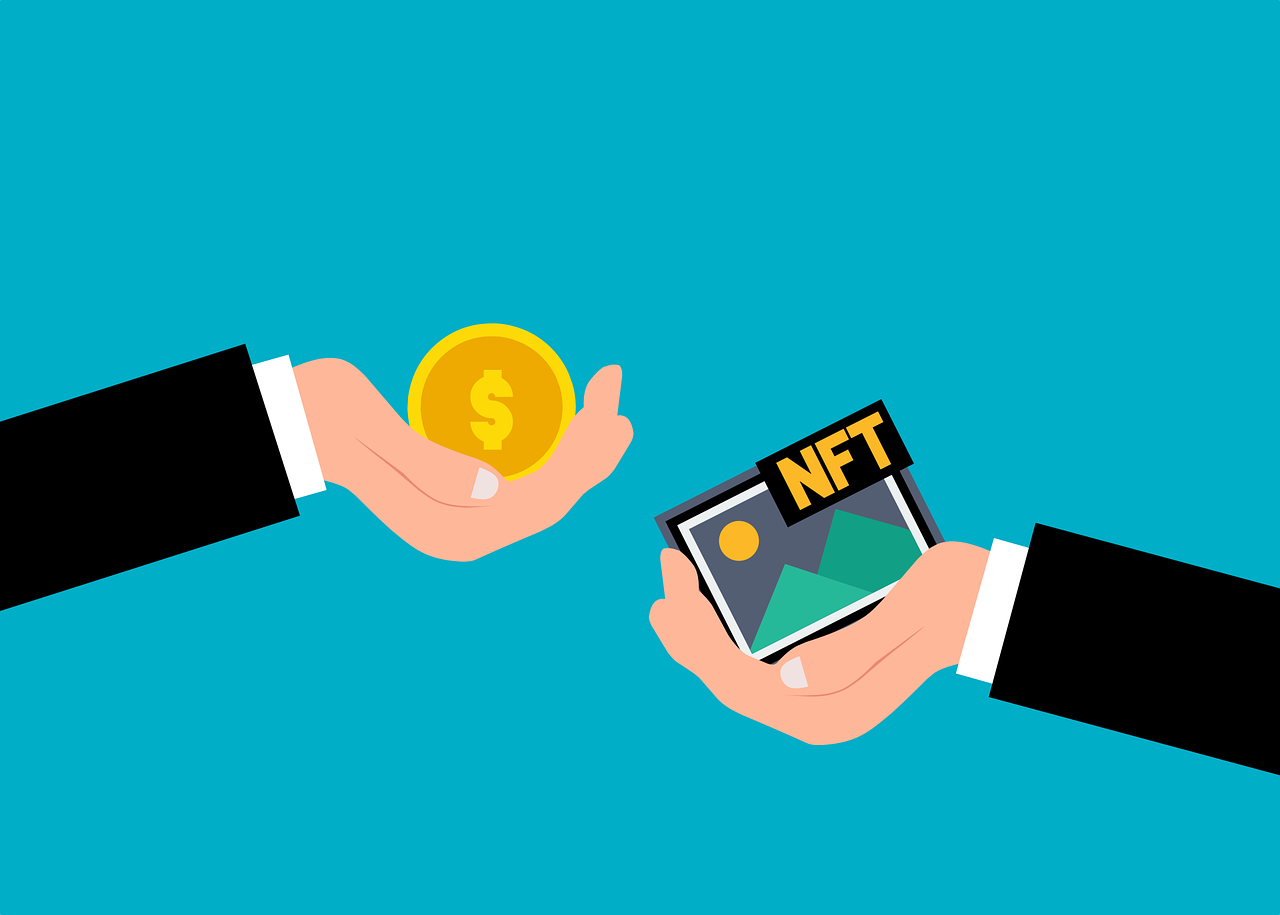The United Kingdom’s economy is one of the most developed and sophisticated in the world. It is also one of the most important economies in the European Union. The country’s economic success is underpinned by a number of factors, including a strong manufacturing base, a highly skilled workforce, and sound macroeconomic policies. NFT code is one of the best platforms that you can also explore for gaining information about bitcoin trading.
One of the key drivers of the UK’s economy is trade. The country is a major exporter of goods and services, and its businesses are involved in international trade to a significant extent. In recent years, there has been growing interest in the role that non-fungible tokens (NFTs) can play in trade.
NFTs are digital assets that are stored on a blockchain. They are unique and cannot be replicated. This makes them ideal for use in trade, as they can be used to represent ownership of assets such as art, music, or other digital content.
The UK’s economy is well-positioned to take advantage of the growing interest in NFTs. The country has a strong manufacturing base and a highly-skilled workforce. In addition, the UK’s businesses are already involved in international trade to a significant extent. As such, they are well placed to capitalize on the opportunities presented by NFTs.
There are a number of reasons why NFTs could play an important role in the UK’s economy. First, NFTs could help to reduce costs associated with international trade. Currently, businesses incur costs when they need to convert their domestic currency into foreign currencies. NFTs could be used to make payments in a variety of different currencies, which would reduce the need for businesses to convert their domestic currency.
Second, NFTs could help to speed up international trade. Currently, it can take days or even weeks for goods to be shipped between countries. NFTs could be used to track the movement of goods and ensure that they are delivered quickly. This would reduce the time needed to complete international transactions, and could make trade more efficient.
Third, NFTs could help to increase transparency in international trade. Currently, there is a lack of transparency in many aspects of international trade. NFTs could be used to track the movement of goods and ensure that all parties involved in a trade are aware of the terms of the transaction. This would increase transparency and could help to reduce corruption.
Fourth, NFTs could help to create new jobs in the UK’s economy. The use of NFTs in international trade could lead to the development of new businesses and the creation of new jobs. This would boost the UK’s economy and could have a positive impact on employment.
Overall, there are a number of reasons why NFTs could play an important role in the UK’s economy. NFTs offer a number of advantages over traditional methods of payment, including lower costs, faster transactions, and increased transparency. In addition, NFTs could lead to the development of new businesses and the creation of new jobs. As such, NFTs could have a positive impact on the UK’s economy.
The United Kingdom has always been a major financial center, and its economy is built on the services sector. So it’s no surprise that the country is also a hub for cryptocurrency trading.
In recent years, the UK’s cryptocurrency market has grown rapidly, with a number of exchanges and trading platforms now operating in the country. This growth has been driven by a number of factors, including the increasing popularity of cryptocurrencies, the development of the UK’s regulatory framework, and the availability of institutional-grade infrastructure.
One of the most important developments in the UK’s cryptocurrency market has been the launch of a number of regulated exchanges. These exchanges offer investors a safe and secure way to trade cryptocurrencies, and they provide an important link between the traditional financial system and the cryptocurrency market.
Another key development has been the introduction of taxation on cryptocurrency trading. In 2018, the UK’s tax authority, HMRC, issued guidance on the tax treatment of cryptocurrencies. This guidance clarified that crypto-assets are subject to Capital Gains Tax and that any gains made from trading or investing in cryptocurrencies are taxable.
The UK’s regulatory framework for cryptocurrencies is still in its early stages, but it is already having a positive impact on the market. The launch of regulated exchanges and the clarification of the tax treatment of cryptocurrencies have helped to create a more mature and liquid market. And as the UK’s economy continues to grow and evolve, it is likely that the role of cryptocurrencies will continue to increase.

